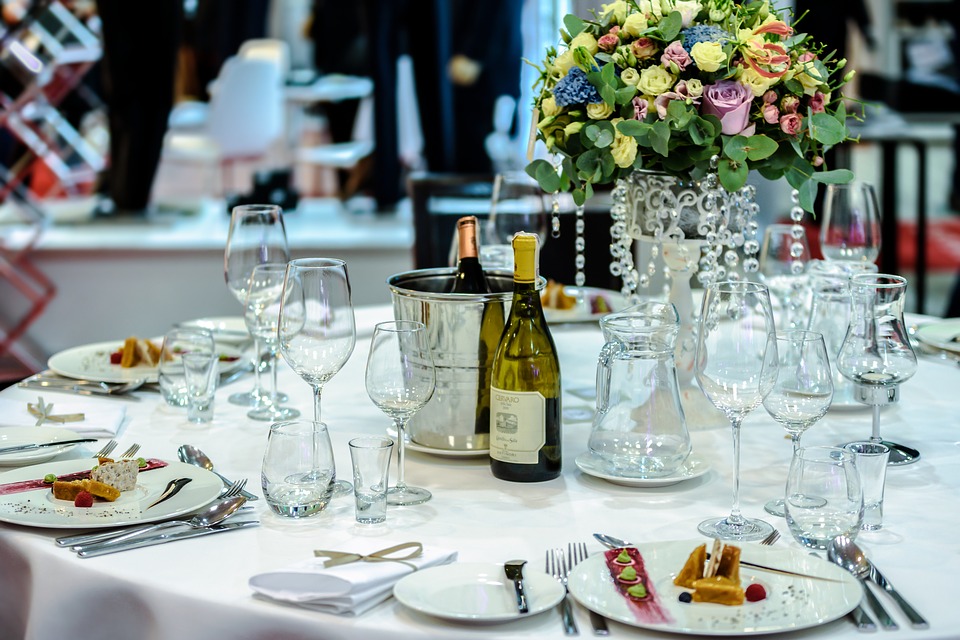It’s been said that everyone has the same number of hours in the day, even Oprah. Why does it seem like some people have more time and get a lot more done? It’s not all due to having a full staff of chefs, personal trainers, housecleaners and drivers. There are some real strategies you can employ, many of which are used in professional wellness coaching, to simplify your day. A simpler life means having more free time. However, equally important is making sure you don’t go on to pack that new free time with activities. Taking time to rest, relax, and reflect is a necessary recharge that you’re going to need for a happier and healthier life. Getting more free time is just part of the process. It’s what you do with it that can really take your life to another level.
Let’s start with simplification first. Here are a few ways you can take the complex out of your life on a daily basis:
1. Triage, don’t multi-task:
Humans aren’t really made to multi-task, and in fact a very small percentage actually can. Instead, what we do is quickly switch back and forth between tasks. It might seem quick, but there is wasted and frustrated time during those switches. The more switching we do, like trying to feed a toddler while simultaneously holding a conversation with an adult, the worse we are at it. This means none of the people or tasks in our life get anywhere near our full attention. Instead of trying to multi-task, which is a doomed project, give one task your complete attention. Triage to gauge what’s most important or pressing. Finish that task, then move on to the next.
2. Ask yourself“Do I really need to be doing this?” with every task:
There are going to be a lot of things you really should be doing, like flossing daily. However, there are also a lot of tasks that you do out of habit or guilt. A followup question might be, “Do I really need to be doing this right now?” This can be dangerous territory for procrastinators, so you have to know yourself before adopting this question. Getting rid of unnecessary tasks, or those that might even be harmful (like maintaining a relationship with a toxic friend) can free up an incredible amount of time. Asking yourself is step one. Actually taking steps to remove those tasks from your life can be very difficult and may require some professional mediation (such as talking with a therapist).
3. Get quality sleep:
How can you get more free time by earmarking more time for sleep? It’s pretty simple. If you don’t get enough quality sleep, you’re only functioning at partial capacity. This means tasks will take longer and won’t be as enjoyable. Sleep requirements vary by person, and eight is just the average. However, remember that’s it’s also quality along with quantity. Good sleep hygiene includes avoiding a screen two hours before bed, establishing a good sleep ritual that cues your body and brain that it’s time to sleep, and getting rid of all technology in the bedroom. Treat yourself to an old-fashioned alarm clock and keep the phone in another room.
4. Stop distracting yourself with technology:
Are you able to prepare lunch for yourself without having some form of technology for entertainment? Can you be in a space that’s quiet? When is the last time you picked up a real, tangible book without the white noise of a television or podcast in the background? Less is more can be scary at first, but it also retrains your brain and body to enjoy simplification.
5. Quiet your inner critic:
In western countries, our cognitive conditioning is terrible. We talk horribly to ourselves, and our inner voice says things that we would never say to a friend or even a stranger. If you practice being kind to yourself, whether through audible affirmations or simply re-working your inner voice to be supportive, you can get rid of a lot of the dangerous white noise made by negative self-talk.
Simplification isn’t the same for every person, and these are just a few ideas. Only you can unveil how you distract yourself and why. Getting rid of distractions, tasks, and even some relationships in your life can ease anxiety. It can also reduce depression. It can teach you to enjoy the present and your own company. However, this lifestyle isn’t a destination. It’s a lifelong practice where there will be good days and bad days. Don’t beat yourself up if you have a rough, complicated day. Instead, look forward to tomorrow when you can try again.
Read Also:






















